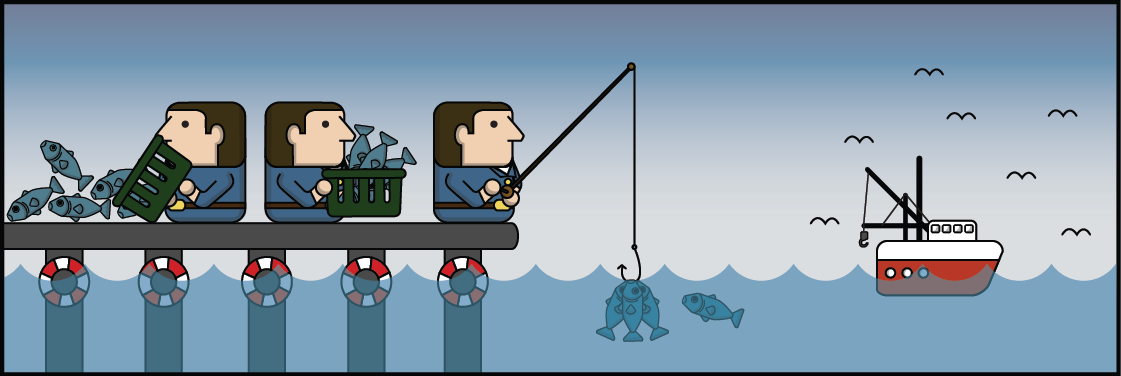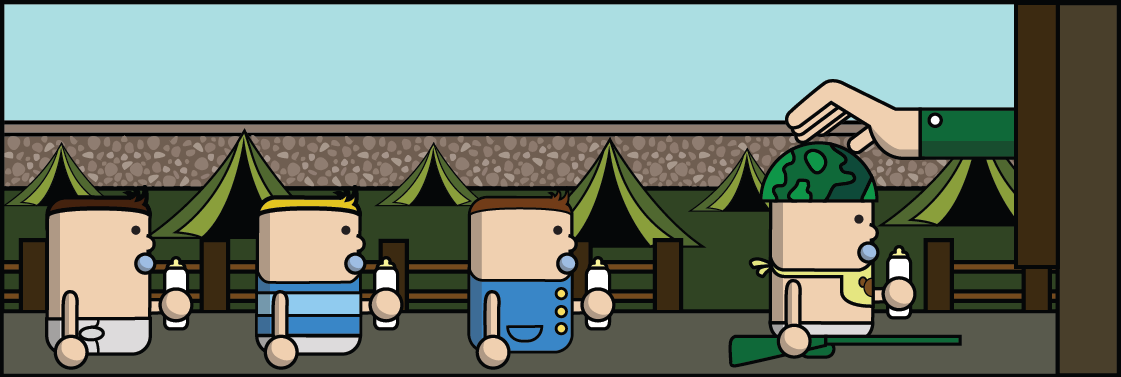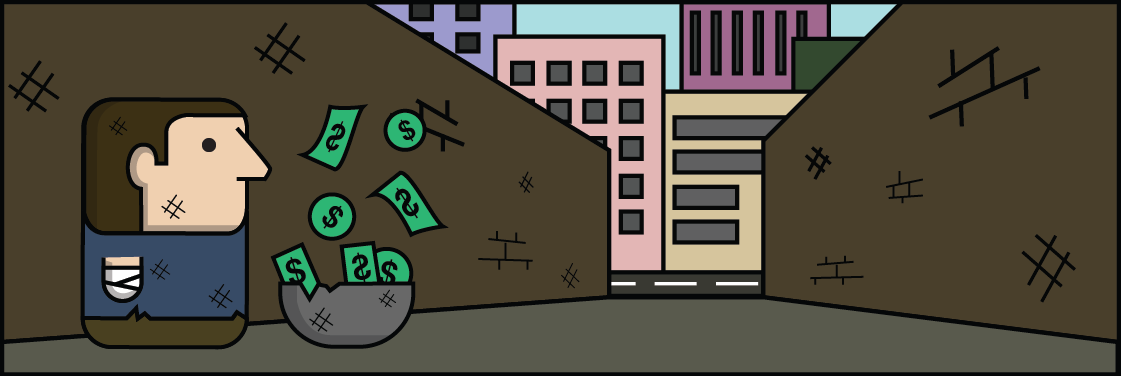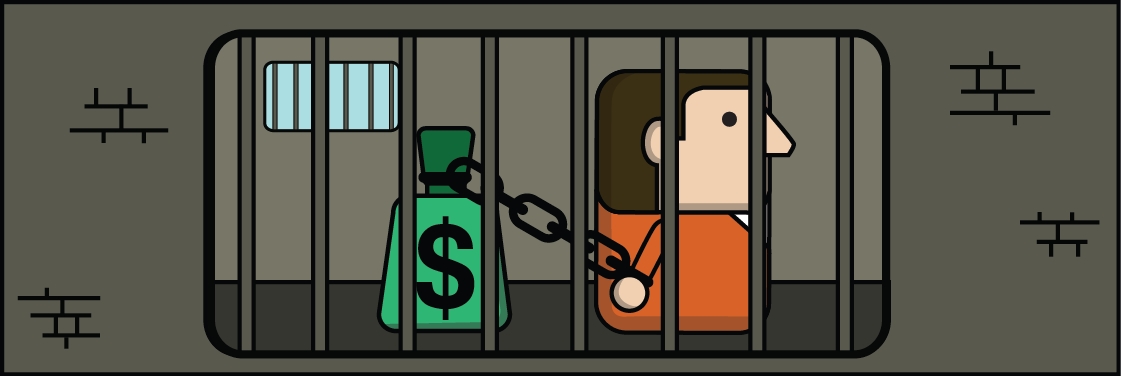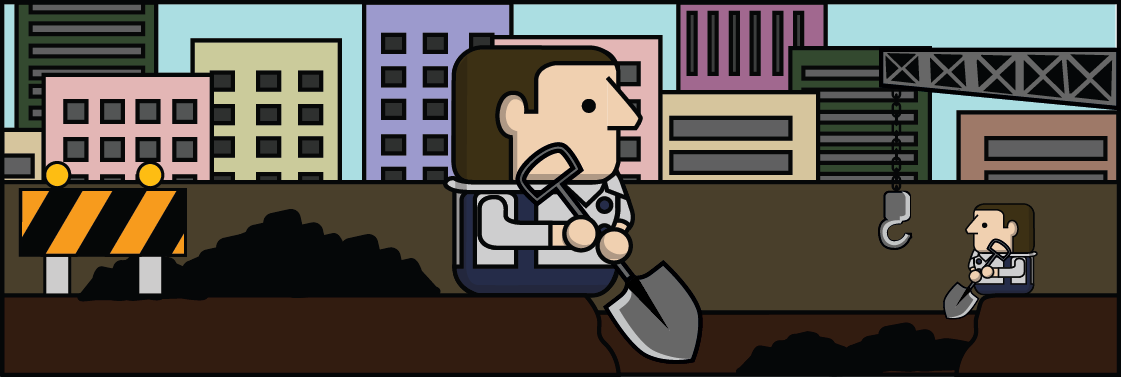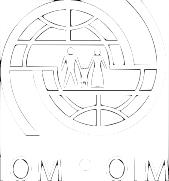ORGANized Crime: Trafficking for Organ Removal
Around the world every day, there are hundreds of thousands of people waiting for an organ. A study from 2013 revealed that 118,127 organs were transplanted that year, but this only covered about 10 per cent of the global demand.[1] Waiting lists to receive an organ are long. In the European Union, the average waiting time is 3-5 years and unfortunately up to 30 per cent of those waiting for an organ die in the process.[2]
With rising levels of cardio-metabolic diseases such as diabetes and life expectancy increasing, there are only a limited number of organs available for those in need. Relatives may choose to donate an organ such as a kidney or a piece of their liver to a loved one, while other organ donations come from someone recently deceased who gave prior consent for their organs to be donated.
Some of those whose lives depend on a donation are willing to pay for an organ. Currently this practice is only legal in one country, Iran.[3] Yet despite the illegality of buying organs in the rest of the world, there is a vast global network of organ trade.
Organ trade, also known as organ trafficking, is the illegal buying, selling and transportation of organs.[4] The most commonly traded organ is the kidney, followed by the liver. Other organs that are traded on the black market include corneas, hearts, lungs, pancreases and intestines. Price tags on kidneys vary widely, but patients can pay up to US$200,000 to receive a trafficked kidney.[5] Exact figures of the worth of this clandestine business are unknown but it is estimated to be worth several billion dollars.[6]
Most organs in the illegal organ trade are sourced from people trafficked for organ removal. Such trafficking happens in three different forms: victims can be forced or deceived to give an organ; people agree to sell their organ but are either not paid at all or are paid less than was agreed; and individuals seek treatment for a condition and have an organ removed without agreeing to it.[7]
Men, women and children are victims of this crime. However, based on available data, the average victim is a 29-year-old man with an annual income of US$480, whereas the average recipient is a 50-year-old man with an annual income of US$53,000.[8]
People who are forced or deceived to give up an organ are sometimes recruited under false pretences. In late January, such a case was reported in Pakistan where a group of 24 men were lured by the promise of jobs but were then locked into an apartment, where their captors planned the removal of their organs.[9]
Some victims undergo treatment for a pre-existing condition and only later find out that one of their organs is missing. Sometimes these victims are in perfect health but are told they suffer from an ailment, which requires surgery. For example, a woman in China was told she needed surgery for colon cancer, even though she did not suffer from cancer. After complaining about backaches the woman had an x-ray and it was discovered that her kidney was missing.[10]
Yet many willingly sell their organs to brokers. Often people, especially those who are in debt, are enticed by the promise of quick money. In some countries there are advertisements in newspapers asking for interested donors. Reports show recruiters will promise up to US$20,000 for a kidney, but the average donor only receives between US$3,500-6,000, with some being paid as little as US$500.[11] Those with low levels of education sometimes are unaware of the importance of a kidney, being duped by stories of a sleeping kidney, which is not awoken until the other is removed, or being told that kidneys are just chunks of meat that will regrow.[12]
Even if people understand the importance of their kidneys, they are usually unaware of the long-term effects of removal, and are unable to access the proper after-care that is necessary to ensure a healthy recovery from the operation. As many victims are low-skilled labourers who work in sectors such as construction, they are not able to return to such physically straining jobs, leaving them economically worse off than they were before. Additionally, these victims are often riddled with psychological problems as they are left feeling violated and face social stigma.
Human trafficking for organ removal is an international crime. Victims are often transported to other countries to bring them closer to the recipient and to better medical facilities. There is an enormous web of illegal brokers, recruiters, middlemen and unethical doctors involved. It is unclear how many organs are harvested from trafficking victims each year. Unfortunately there is no clear solution, but an important step is raising awareness with those who are at risk about the dangers involved.
To learn more about trafficking for organ removal, watch this video.
[1] UNODC, Assessment Toolkit: Trafficking in Persons for the Purpose of Organ Removal (2015), p. 10.
[2] UNODC, Assessment Toolkit: Trafficking in Persons for the Purpose of Organ Removal (2015), p. 11.
[3] The Guardian, “Kidneys for sale: Iran’s trade in organs” 10 May 2015. Available from https://www.theguardian.com/society/2015/may/10/kidneys-for-sale-organ-donation-iran.
[4] UNODC, Assessment Toolkit: Trafficking in Persons for the Purpose of Organ Removal (2015).
[5] The Guardian, “Illegal kidney trade booms as new organ is ‘sold every hour’” 27 May 2012. Available from http://www.theguardian.com/world/2012/may/27/kidney-trade-illegal-operations-who.
[6] Der Spiegel, “Desperation, Greed and the Global Organ Trade” 3 August 2012. Available from http://www.spiegel.de/international/world/the-illegal-trade-in-organ-is-fueled-by-desperation-and-growing-a-847473.html.
[7] United Nations Global Initiative to Fight Human Trafficking (UN.GIFT). Trafficking for Organ Trade. Available from http://www.ungift.org/knowledgehub/en/about/trafficking-for-organ-trade.html.
[8] Medical Daily, “Organ Trafficking: An International Crime Infrequently Punished” 9 July 2013. Available from http://www.medicaldaily.com/organ-trafficking-international-crime-infrequently-punished-247493.
[9] BBC News, “Pakistani police rescue 24 from organ trafficking gang” 24 January 2017. Available from http://www.bbc.com/news/health-38722052.
[10] Mirror, “Woman has kidney ‘stolen after being conned into having fake cancer operation’” 30 January 2015. Available from http://www.mirror.co.uk/news/uk-news/woman-kidney-stolen-after-being-5074518.
[11] United Nations Office on Drugs and Crime (UNODC). 2015. Trafficking in Persons for the Purpose of Organ Removal p. 25.
[12] Moniruzzaman, M, “Living Cadavers” in Bangladesh: Bioviolence in the Human Organ Bazaar, Medical Anthropology Quarterly 26(1) (2012); CNN, “Nepal’s Organ Trail: How traffickers steal kidneys” 15 July 2015. Available from http://edition.cnn.com/2014/06/26/world/asia/freedom-project-nepals-organ-trail/.
(English) Editor’s choice

(English) Where are they now?: Joey, Philippines
sorry not available!

(English) Where are they now?: Joey, Philippines
sorry not available!





